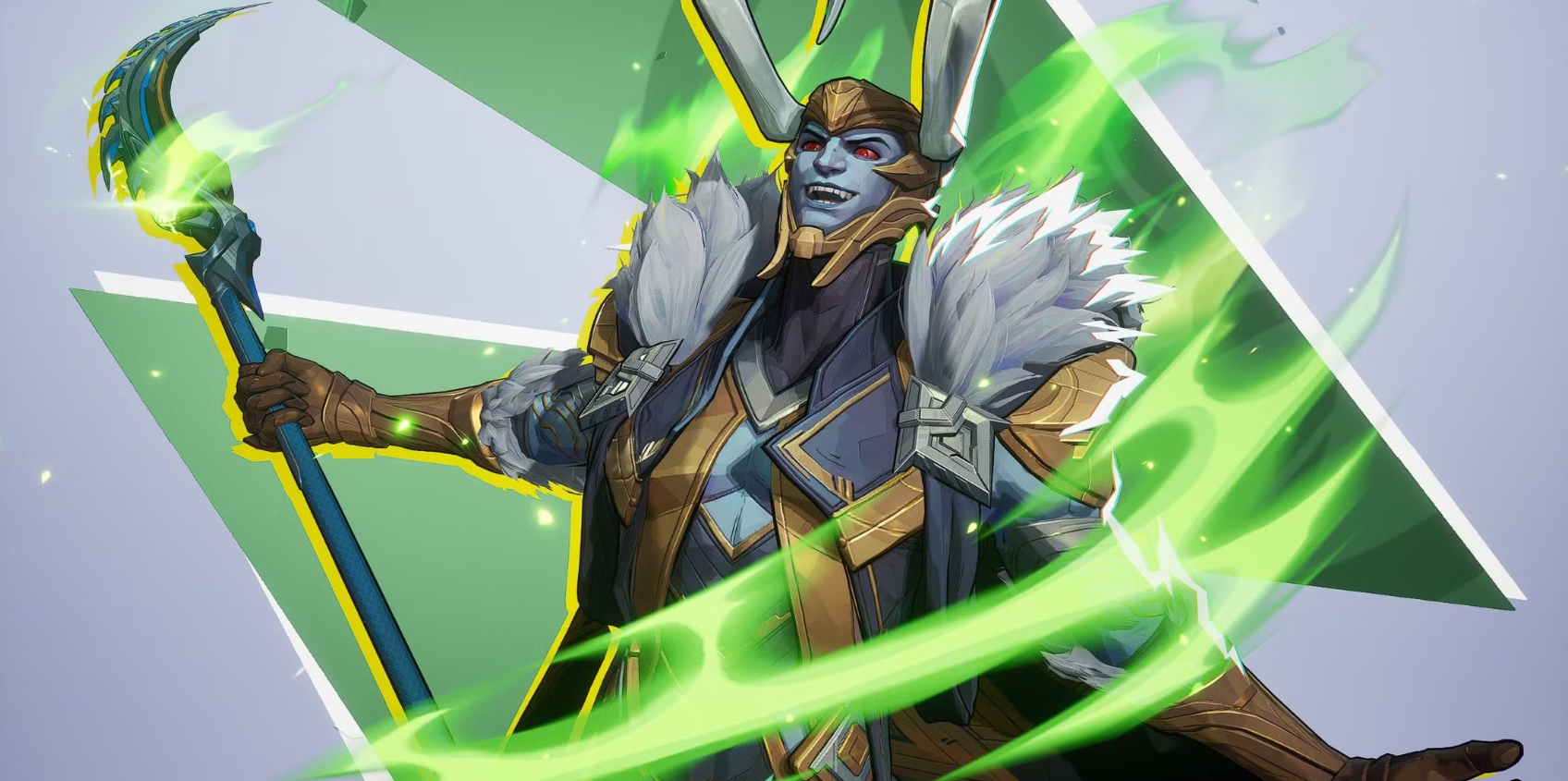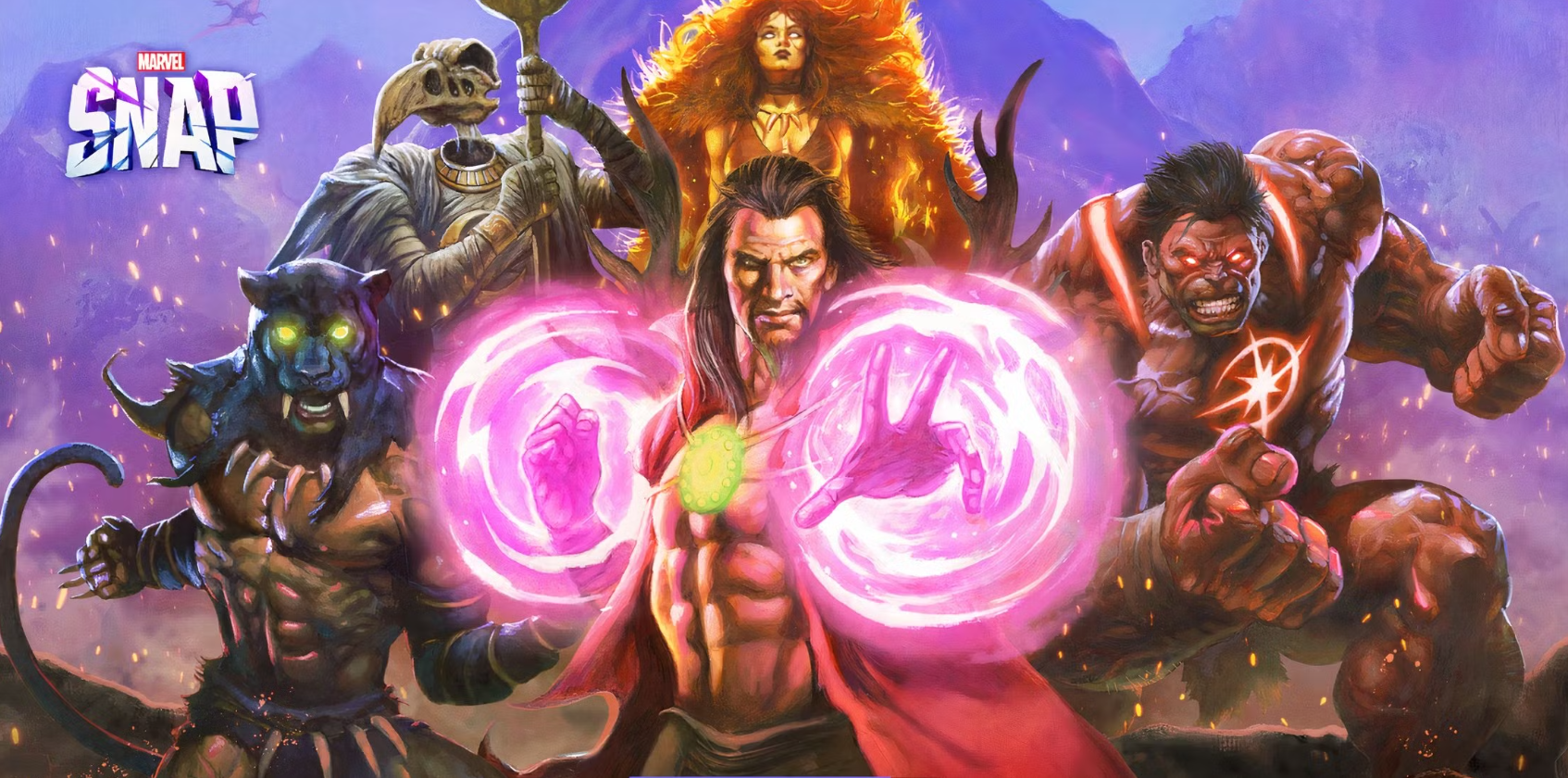Helldivers 2 Team Discusses Diversity, Equity, and Inclusion

Johan Pilestedt, the creative director of Helldivers 2 and CCO of Arrowhead Studios, recently stirred the gaming community by sharing his thoughts on diversity, equity, and inclusion (DEI) in video games. During a recent interview, Pilestedt expressed that while DEI initiatives are important, they are not always essential for every game. His comments sparked a lively debate among fans of Helldivers 2 and the broader gaming audience, with responses ranging from agreement to strong criticism.
Many supporters appreciate his honesty and believe that creative freedom should take precedence, while others argue that DEI contributes to a richer gaming experience. As the conversation continues, it highlights the ongoing tension between artistic vision and social responsibility in the gaming industry. Pilestedt’s remarks serve as a reminder that discussions about inclusivity are complex and multifaceted, reflecting diverse perspectives within the gaming community.
Table of Contents
Navigating the Complexities of DEI in Video Games: Insights from Johan Pilestedt
DEI (Diversity, Equity, and Inclusion) has emerged as a pivotal topic in the video game industry, prompting passionate discussions among developers, players, and critics alike. Over the years, many creators have embraced the idea of diverse representation, advocating for the inclusion of individuals from various backgrounds, cultures, and experiences in video games. This shift has been long overdue, as the gaming landscape historically leaned heavily on a narrow set of character archetypes, often overlooking the rich tapestry of human experience that could be explored through gaming narratives. In the past, it was common to see a limited range of characters, often reflecting stereotypes or conventional roles that didn’t resonate with many players. However, as the industry has evolved, so too have the stories being told and the characters being portrayed. Today, lead characters in games are becoming increasingly diverse, mirroring the progress seen in other artistic mediums such as film and literature. This evolution is not just about representation; it’s about enriching storytelling and creating more relatable and engaging experiences for players.
Despite the positive strides made toward inclusivity, the conversation around DEI remains contentious. Some critics argue that the forceful inclusion of DEI elements can lead to a sense of inauthenticity within certain games. A notable example of this debate surfaced with The Last of Us Part 2, where some players felt that the narrative choices regarding character diversity detracted from the overall experience. This controversy illustrates the complex nature of integrating DEI into games, where the balance between authenticity and representation can sometimes feel precarious. On the other hand, many advocates argue that DEI is crucial for the future of video games. They believe that games should reflect the diverse world we live in and that including varied perspectives can lead to richer narratives and more immersive experiences.
This perspective emphasizes the importance of representation not just as a checkbox to tick off but as an essential element that can drive innovation and creativity in game design. Recently, Johan Pilestedt, the creative director of Helldivers 2 and the CCO of Arrowhead Studios, weighed in on this debate. In a candid Twitter exchange, Pilestedt engaged with fans about their expectations for Arrowhead’s upcoming titles, revealing that he is already conceptualizing future projects. When one player advised him to avoid adding DEI elements to his games, Pilestedt seized the opportunity to share his viewpoint. He articulated that while he recognizes the importance of DEI, he believes it can sometimes detract from the gaming experience if it doesn’t genuinely enhance the narrative or gameplay. Pilestedt stated, “Games should be a pure pursuit of amazing moments,” suggesting that the primary focus should always be on delivering compelling and memorable experiences to players. This perspective echoes the sentiments of many developers who prioritize gameplay mechanics and storytelling over social commentary.
Moreover, Pilestedt emphasized that he doesn’t prioritize contemporary political statements in his work; rather, his goal is to create engaging games that resonate with players on an emotional level. This stance reflects a broader sentiment among some developers who want to maintain creative freedom while navigating the complexities of representation and inclusivity. As the gaming industry continues to grapple with these issues, it’s clear that the conversation around DEI will remain a salient topic. The diversity of opinions highlights the multifaceted nature of the gaming community, where players and developers alike are navigating their own experiences and beliefs about representation in gaming. Ultimately, the challenge lies in finding a balance that respects artistic integrity while also embracing the diverse voices that shape the future of interactive entertainment. In conclusion, the dialogue surrounding DEI in video games is far from settled. With creators like Johan Pilestedt openly discussing their views, the industry is encouraged to continue examining how to best include diverse perspectives while maintaining the core essence of what makes games enjoyable. As players demand more authentic and varied narratives, the evolution of DEI in gaming will undoubtedly shape the landscape for years to come.
Helldivers 2 Director Argues That DEI Might Detract from the Gaming Experience
Comments from Arrowhead Studios’ CCO, Johan Pilestedt, have ignited a spectrum of reactions among players, reflecting the broader debate surrounding the role of Diversity, Equity, and Inclusion (DEI) in video games. On one side, a portion of the gaming community argues that “good media” inherently includes political commentary, asserting that DEI is vital for preventing discrimination and fostering an inclusive environment. They point out that popular titles like Helldivers 2 already engage with contemporary political themes, suggesting that the narrative benefits from incorporating diverse perspectives. Conversely, others found Pilestedt’s stance refreshing and labeled it as “common sense.” This group believes that the push for DEI in gaming has become excessive, arguing that it sometimes overshadows the core elements of gameplay and storytelling. They advocate for a return to focusing on what makes games enjoyable, rather than feeling obligated to include DEI elements in every narrative.
Despite being a personal opinion, Pilestedt’s comments come at a sensitive time for Arrowhead Studios. Recently, the studio faced backlash over the pricing of Killzone items in the Helldivers 2 Superstore, prompting an apology to fans. Many players expressed frustration over the monetization strategy surrounding the crossover, which they felt was mishandled and detracted from their gaming experience. This incident highlights the tightrope that game developers must walk in balancing player expectations, business strategies, and the evolving landscape of social issues. The ongoing discourse around DEI in the gaming industry underscores its complexity. Advocates argue that representation enriches storytelling and creates opportunities for players to see themselves reflected in the games they play. They contend that inclusive narratives can lead to deeper emotional connections and a more engaging gaming experience. This perspective is especially relevant in an industry that has historically marginalized certain voices and perspectives.
However, the counterargument emphasizes that the primary goal of video games should be entertainment. Critics of enforced DEI integration suggest that it can lead to awkward storytelling and character development, potentially alienating players who feel that these elements are shoehorned in rather than organically woven into the narrative. This tension raises important questions about how developers can authentically include diverse representation without sacrificing the quality of the gameplay experience. As discussions around DEI continue to evolve, the future of Arrowhead Studios’ projects remains uncertain. Will they lean into DEI initiatives, or will they take a more traditional approach to game design? Pilestedt’s indication that he will only consider DEI if it is strictly necessary suggests a cautious approach, one that seeks to prioritize gameplay and player experience above all. Ultimately, the conversation about DEI in gaming is far from black and white. It reflects a broader societal struggle with representation and inclusivity in various forms of media. Players are increasingly vocal about their preferences, and developers are tasked with navigating these complex waters while maintaining their creative integrity.
As the industry continues to grow and diversify, the ways in which DEI is addressed will likely shape not only individual games but also the future landscape of gaming as a whole. The impact of these discussions will resonate far beyond Arrowhead Studios, influencing how other developers approach their narratives and character designs in the years to come. In conclusion, the dialogue surrounding DEI in gaming is crucial and ongoing. While Pilestedt’s comments may have stirred controversy, they also shed light on the diverse opinions that exist within the gaming community. The path forward for Arrowhead Studios and the gaming industry at large will depend on how well they can balance the need for representation with the desire for engaging and enjoyable gameplay. The challenge lies in crafting stories that resonate with a diverse audience while remaining true to the essence of what makes gaming a beloved form of entertainment.





Helldivers 2 looks like an absolute blast! The co-op gameplay, chaotic combat, and satirical take on democracy make it a perfect sequel. Hopefully, they nail the balance between challenge and fun while keeping that classic Helldivers humor intact. Can’t wait to squad up and spread some managed democracy!
best Game ever in the world